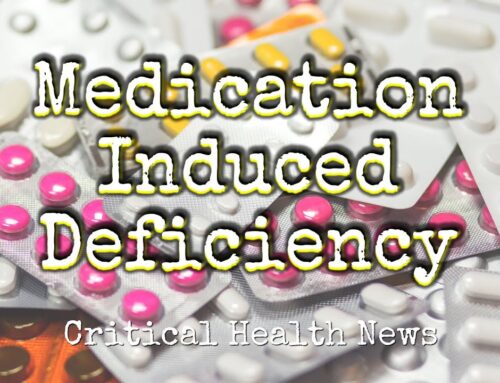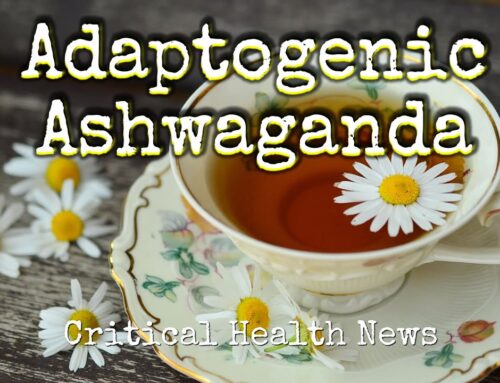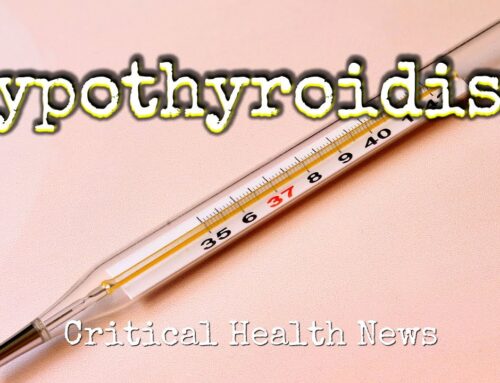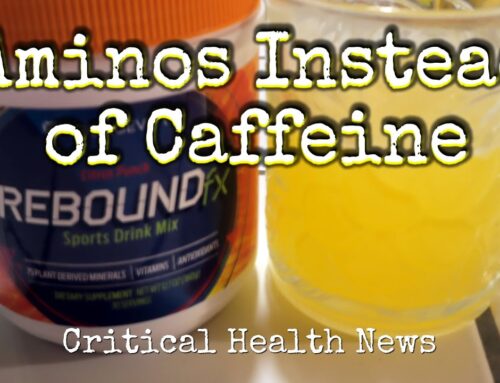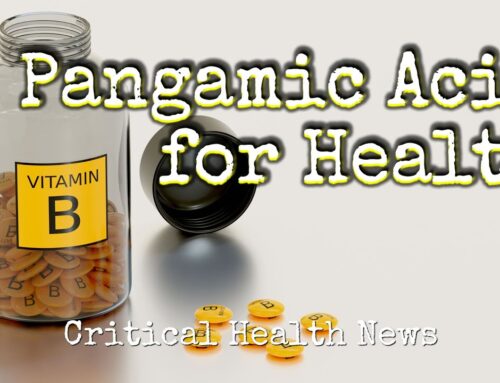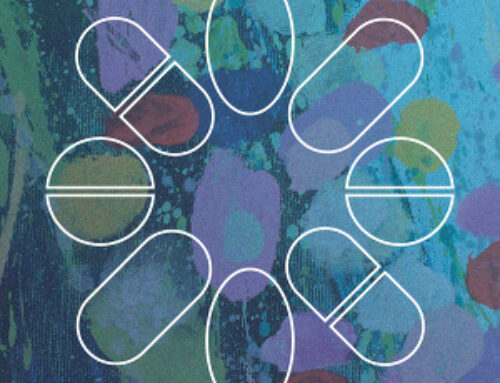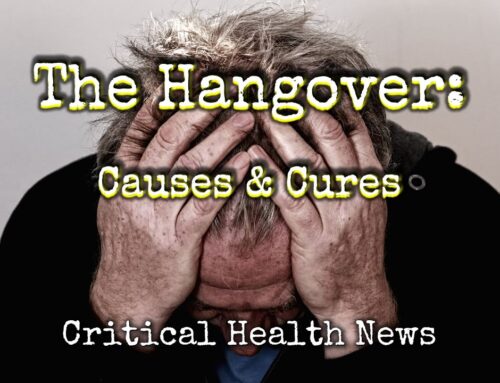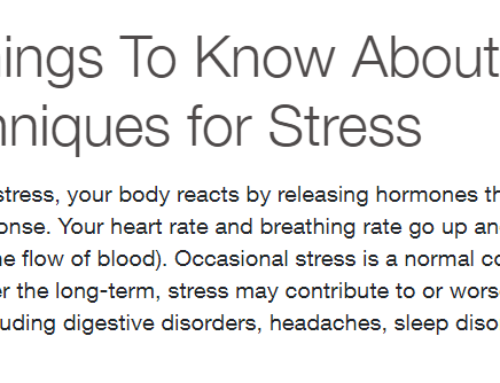With the spotlight shining brightly on the immune system for the past few months, it’s no surprise that vitamin D has gotten so much attention. In reality, the sunshine vitamin is not a vitamin at all, but rather a steroid hormone. That means it works directly on chromosomes and activates genes to produce proteins that help the body withstand challenges and turn stress to strength.
That makes vitamin D, which is actually a type of cholesterol, a potential support nutrient for everything from wound healing to bone building to muscle development to mental focus, not to mention for fighting infections and for strengthening immunity.
Although no one really knows how much we need for optimal health, you can get your vitamin D in supplements. It’s also naturally found in foods, especially organ meats, fish, liver and skins, as well as mushrooms and eggs (the yolk not the white).
But the best way to get your vitamin D is from the sun. That means exposing your skin to solar rays 10 to 15 minutes three or four times a week without sunscreen and without burning. If you can’t get out in the sun, get a sun lamp.
Make sure you get one that produces UVB rays and not all of them do. Not the UVB is always important. There are many non-UVB sun lamps that can still get you some good health benefits, especially for treating depression and fatigue, that’s associated with seasonal effective disorder.


